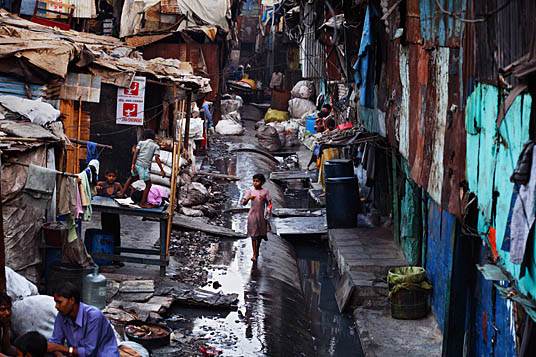I have lived in poverty both as a child and as an adult, and I can say with full confidence that it is a life-crushing force. I hated it. “Poverty” is also one of the most misunderstood labels that gets slapped onto individuals without their approval—cast upon them simultaneously by both unseen and more visible forces of society.
Poverty is a word loaded with preconceived notions, common misperceptions, and seemingly innocuous assumptions. What the word does not do is delve below its surface meaning, into the reality of poverty—a world that no one wants to live in.
Poverty is exhausting. Poverty is despair and desperation-inducing. Poverty is soul, dream and hope crushing. Poverty is like being enclosed in a prison cell with no doors or windows. It feels claustrophobic, as if there is no way out. Only the most resilient do not give up. Still, there is no guarantee that life will get better—and those in poverty know this all too well. They either become hardened or submit to fate. You don’t live life, you don’t thrive—you survive. You wonder if you are predestined, like a caste in another country, to live out a life destitute of fulfillment—whether financial, professional or just having a better life.
These are the very thoughts that consumed me in times of poverty. And yet, I never stopped believing that there must be a way out. The “how” and the “why” of my situation—resounding questions that were never sated—eventually fell by the wayside as I pushed towards hope. The very thing that brought despair and darkness motivated me to dig out of that prison, to fight with everything within me, to find that light that must exist outside of the walls.

